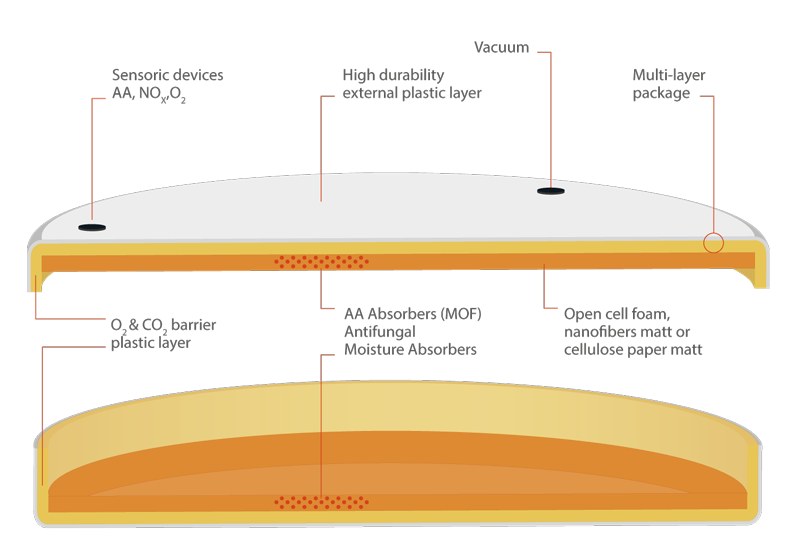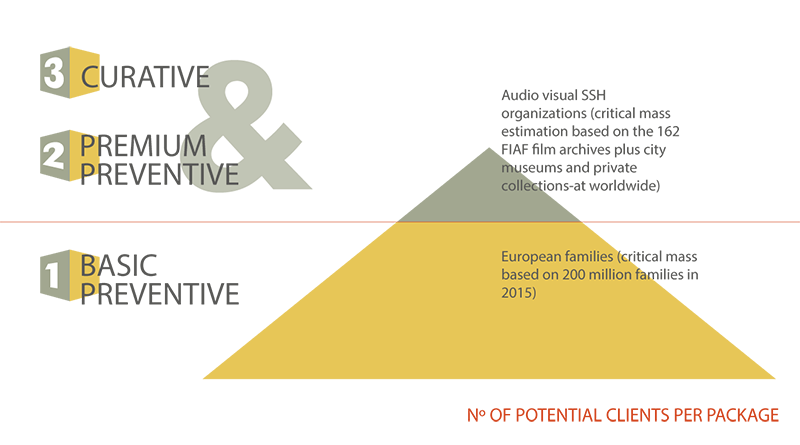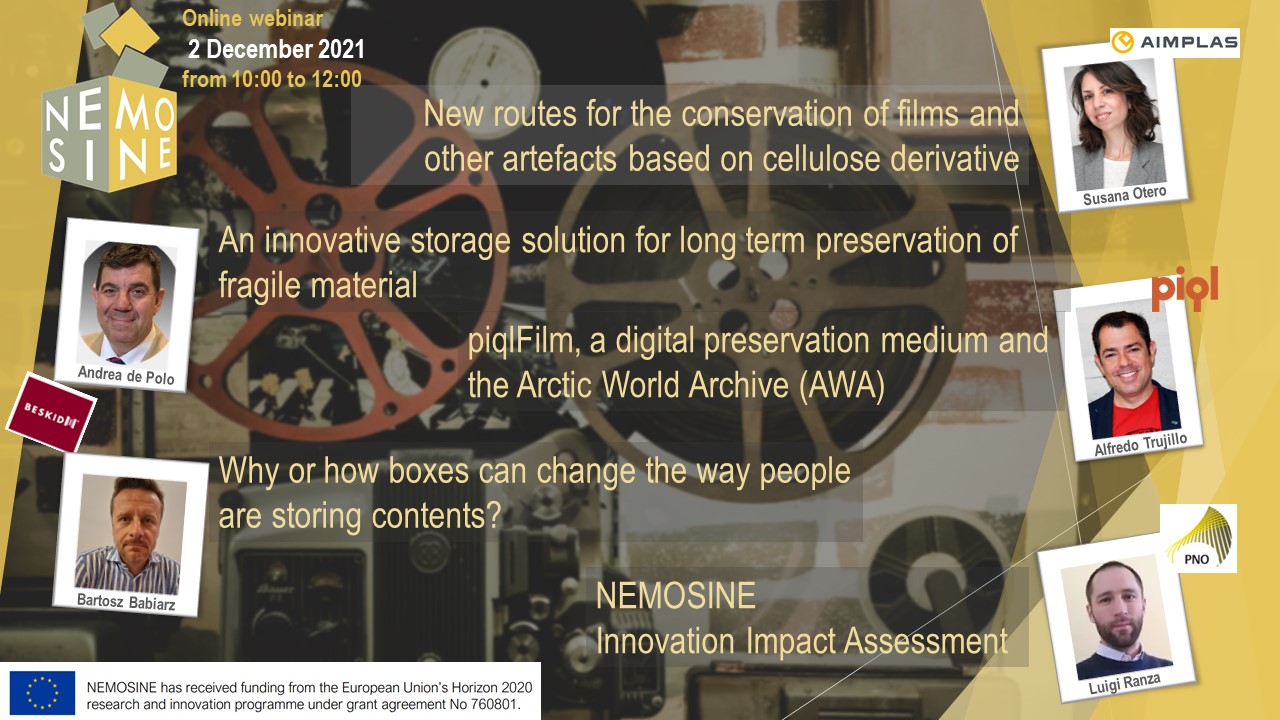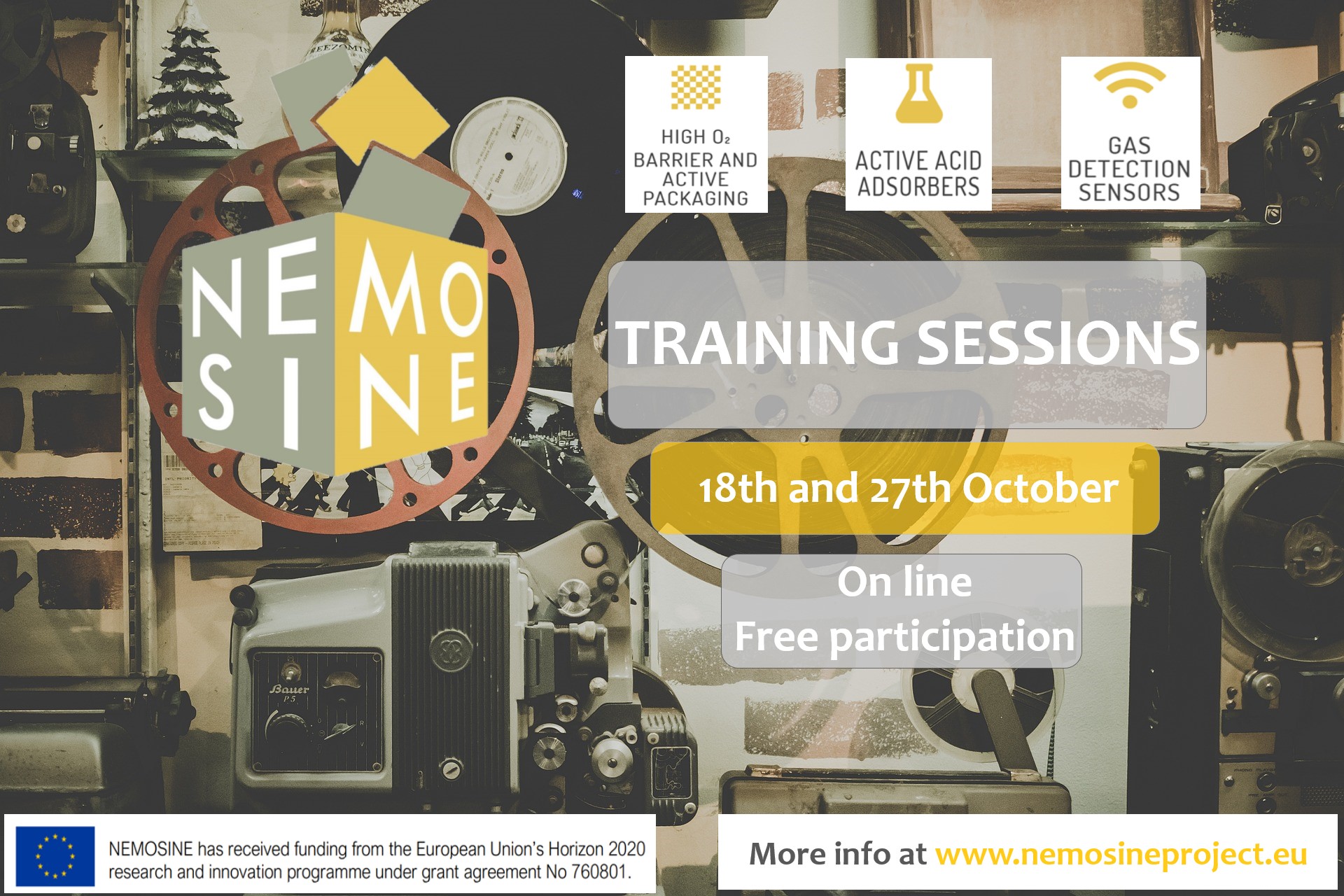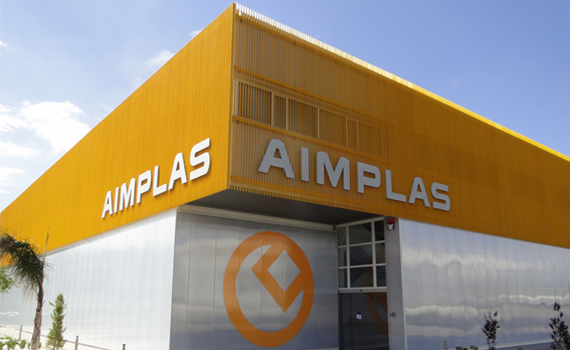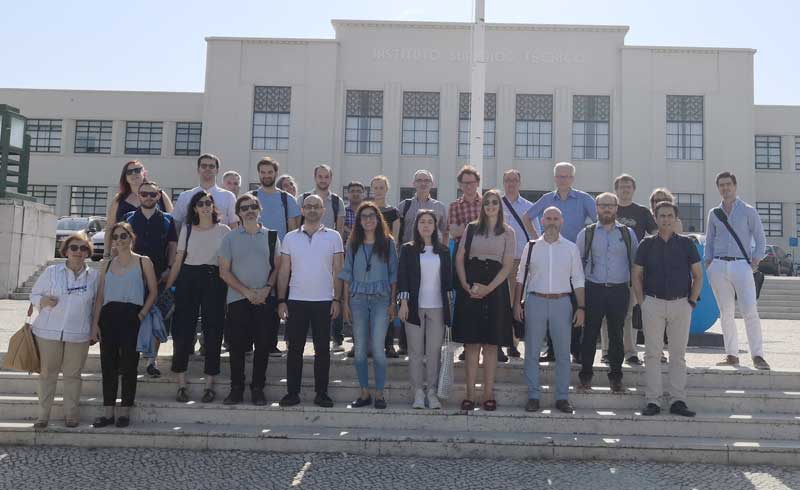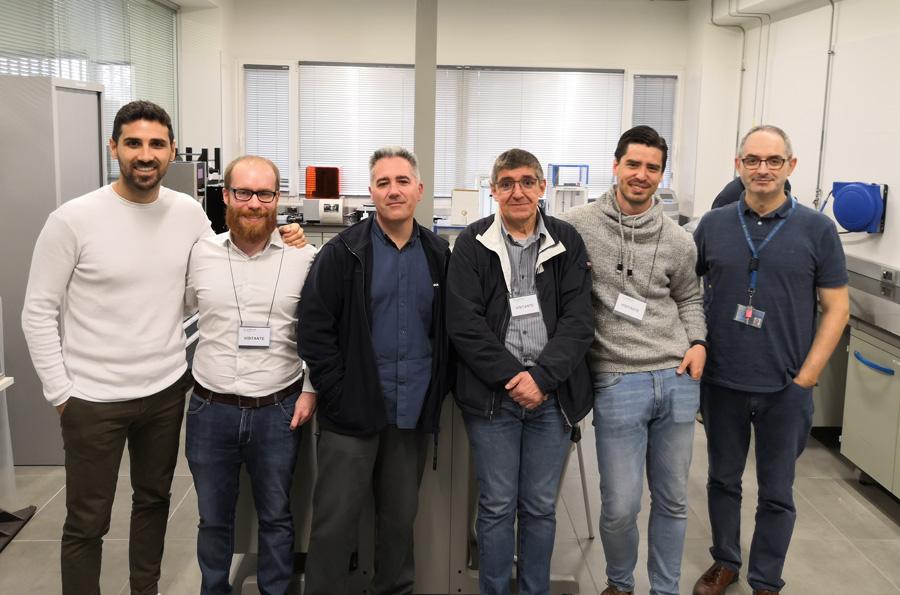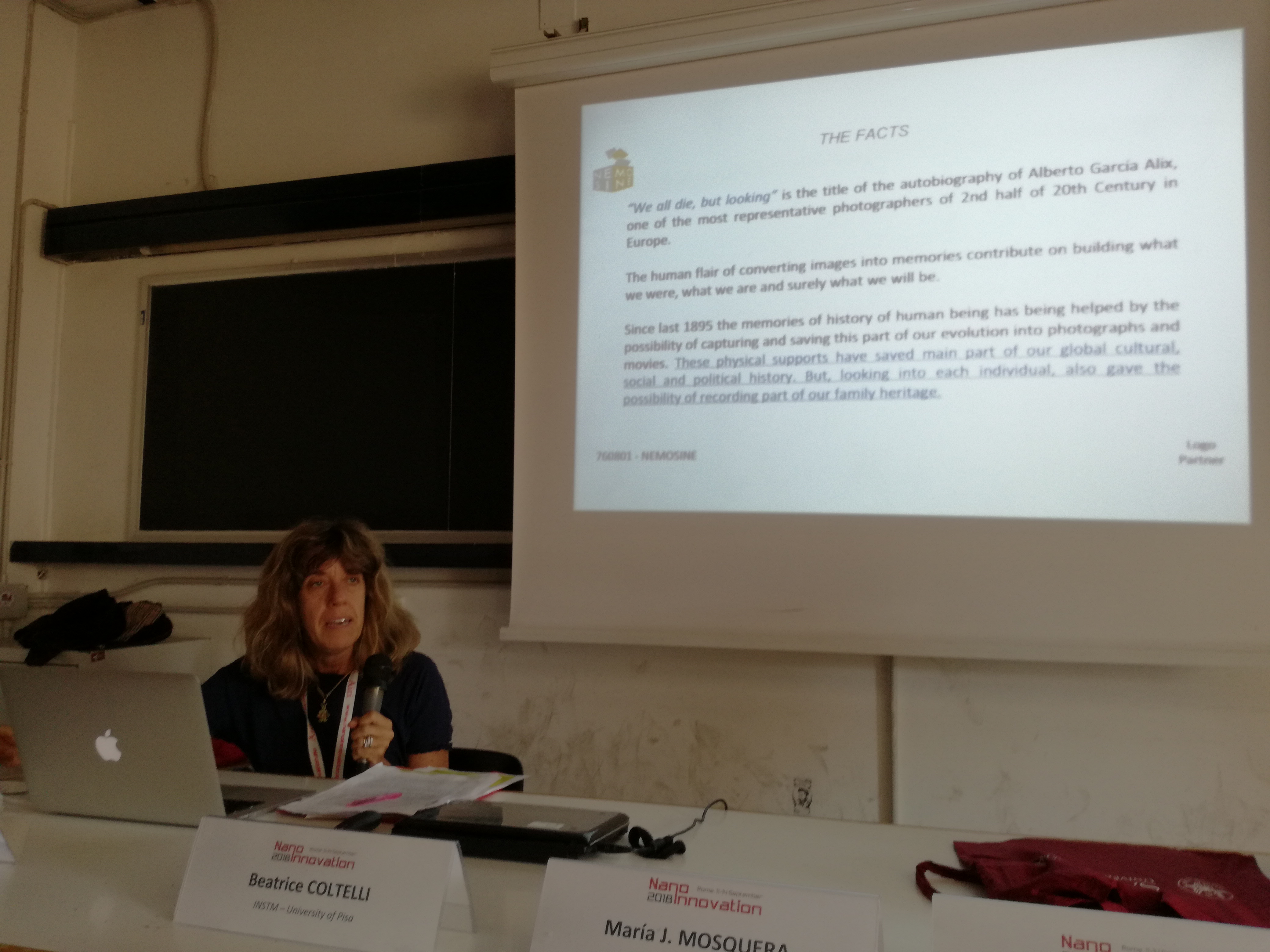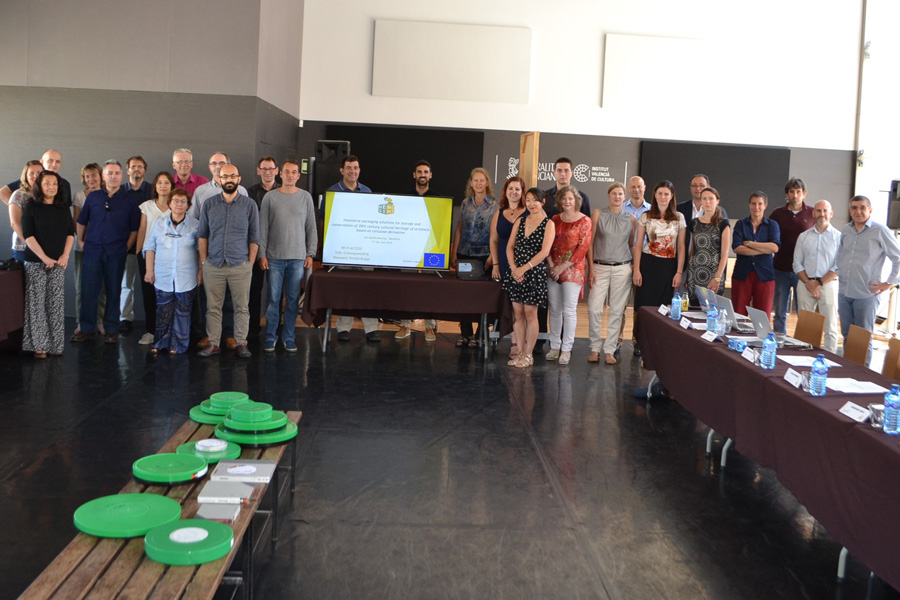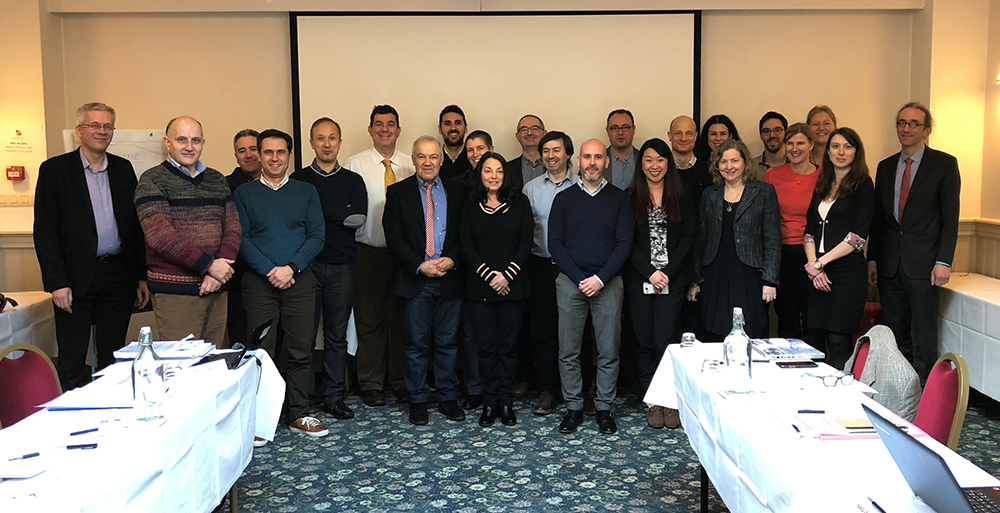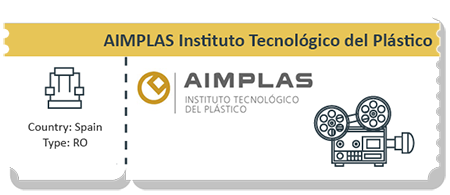
AIMPLAS’ fields of work are related to technological research and development on thermoplastic and
thermosetting plastic materials & products, its transformation processes and their recyclability and
sustainability.
VISIT OUR WEBSITE
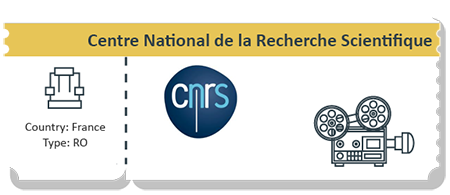
Evaluate and carry out all research capable of advancing knowledge and bringing social, cultural,
and economic benefits for society.
;Contribute to the promotion and application of research results.
;Develop scientific information.
;Support research training.
;Participate in the analysis of the national and international scientific climate and its potential for
evolution in order to develop a national policy.
VISIT OUR WEBSITE
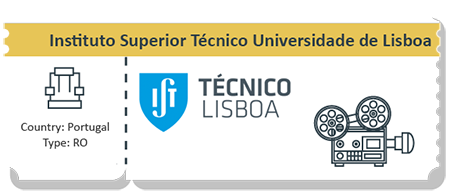
Instituto Superior Técnico (IST) is the largest and most reputed
school of Engineering, Science and Technology in Portugal. Since its creation in 1911, IST’s mission is to
contribute to the development of society by providing top quality higher education, at undergraduate and
postgraduate levels, as well as developing Research, Development and Innovation (RD&I) activities to allow
it to provide teaching in line with the highest international standards.
VISIT OUR WEBSITE
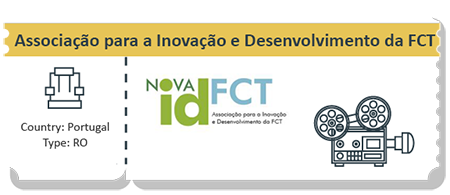
FCT NOVA is organized in 14 Departments and 14 Research Support Services, with suitable structures,
infrastructures, facilities and qualified 16 R&D Units (evaluated by the Portuguese Science Foundation, 3
of them as Exceptional and 4 as Excellent), spin-off incubator (Madan Parque), interface institute
(UNINOVA) and devoted managing structure to managing R&D+I projects (NOVA.id.FCT).
VISIT OUR WEBSITE
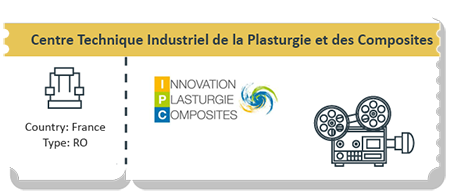
IPC is the Technical Industrial Centre of the French plastics and composites industry cluster, with more
than 3000 SMEs directly connected to IPC. As such, IPC is in charge of providing the plastics and
composites industry cluster with innovative and high added value facilities and manufacturing pilot lines,
cutting edge expertise and services.
VISIT OUR WEBSITE
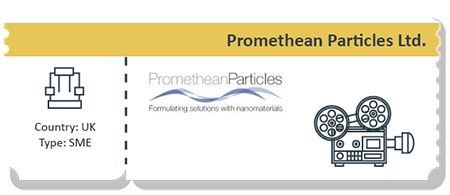
Promethean Particles (PROM) is a UK-based SME that designs and develops inorganic nanomaterials in
liquid dispersions. The company technology is based on a patented reactor system that allows truly
continuous hydrothermal synthesis of inorganic nanoparticles for the first time (patent WO2005077505). PROM design and develop inorganic nanoparticle dispersions for industrial customers and then
manufacture commercial quantities at our pilot plant.
VISIT OUR WEBSITE
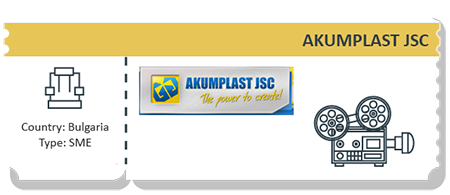
Akumplast is an SME, established in 1985 in Dobrich, Bulgaria. The
main activities of Akumplast are: Injection molding of plastics /ABS, PS, PC, PP copolymer and
homopolymer, PE-LD, PE-HD, PA/; Production of injection moulds; Compounding and Recycling. Injection molding machines are with molding capacities ranging between 0.001to4 kg. The products of the company
are: Plastics sets for starter batteries; Plastics crates for drink and food; Technical parts.
VISIT OUR WEBSITE
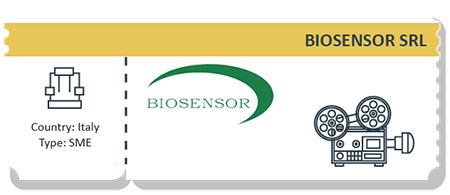
Biosensor is a SME at limited responsibility founded in 2003.
Biosensor works in the field of production and commercialization of sensors and biosensors. Most of
Biosensor’s production is focus on the design, fabrication and product engineering of miniaturized modular
portable instruments suitable for a variety of applications, especially for environmental applications.
VISIT OUR WEBSITE
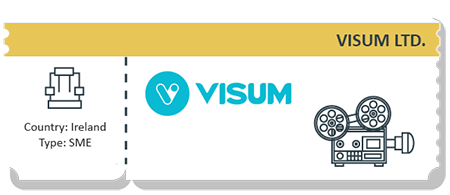
VISUM Ltd. is an optical engineering company from Dublin that specializes in the development and
commercialization of Near Infrared Spectroscopy (NIRS)-based portable and inline analyzers and
measurement systems for process monitoring and quality control applications in the food, pharmaceutical
and chemical applications.
VISIT OUR WEBSITE
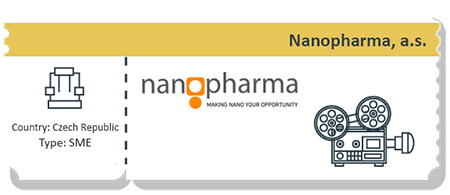
Nanopharma, a.s. is a Czech-based technology SME operating in the area of nanomaterials engineering.
Founded in 2008, the company started developing reproducible and scalable electrospinning technologies
for preparation of biocompatible nanofiber-based materials. Later on, the company started developing
nanofiber-based applications for biomedicine, but also other industrial areas such as agriculture, textile,
cosmetics, food, packaging, and many others.
VISIT OUR WEBSITE
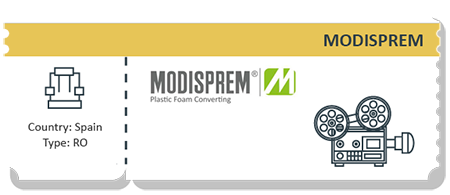
Modisprem S.A., is a company specializing in the processing of
plastic foam:
• We start from foam material.
• We study solutions and customised applications.
• We make the product according to customer needs.
VISIT OUR WEBSITE

We believe in a holistic approach to conservation. Working in partnership with conservators from
museums, libraries and archives around the world enables us to offer a wide range of high quality
products. Our commitment to product development, design and innovation drives our manufacturing. So
from multi million pound installations to a simple album page, choose the partner who constantly raises
the standard.
VISIT OUR WEBSITE
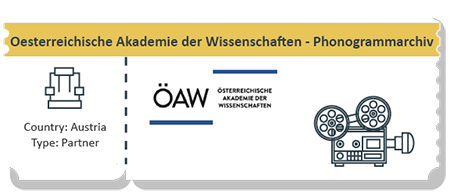
The Austrian Academy of Sciences (OeAW) is Austria’s central nonuniversity
research and science institution. Founded in 1847 as a learned society, today the OeAW has over
770 members and 1,450 employees dedicated to innovative basic research, interdisciplinary exchange of
knowledge and the dissemination of new insights with the aim of contributing to progress in science and
society as a whole.
VISIT OUR WEBSITE
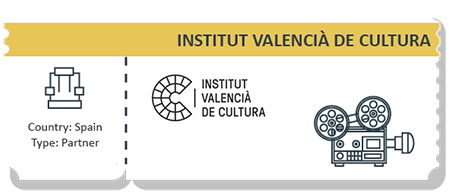
To achieve a higher administrative coordination and a closer work relationship between the different
cultural areas, CulturArts consists of and assume the responsibilities in subjects of Music, Audiovisual and
Cinematography (IVAC), Theatre and Dance, Preservation and Restoration of Cultural Goods (IVC+R) and
Castelló Cultural, which inform the sub-directorates of Institut Valencià de Cultura.
VISIT OUR WEBSITE
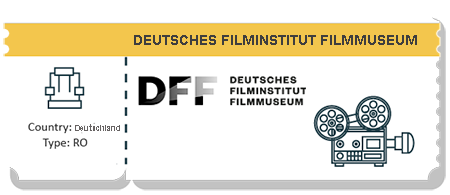
The Deutsches Filminstitut & Filmmuseum was founded in 1949 and is the oldest and one of the most important
institutions in the Federal Republic for the collection, archiving and academic utilisation of films and filmhistorical
documentation, as well as for the transmission of film culture and film literacy. It is a recognised
non-profit institution and is supported by both public funds and private benefactors.
VISIT OUR WEBSITE
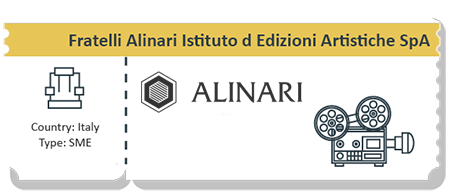
Founded in Florence in 1852, Fratelli Alinari is the oldest firm in the world working in the field of
photography, the image and communication. The birth of photography and the story of the Firm go hand in
hand in their development and growth, as attested to by the immense Alinari owned fund of 5.000.000
photographs.
This fund is continuously growing and, thanks to a rational policy of new acquisitions and new photographic
campaigns, it ranges from daguerreotypes to modern color photos.
VISIT OUR WEBSITE
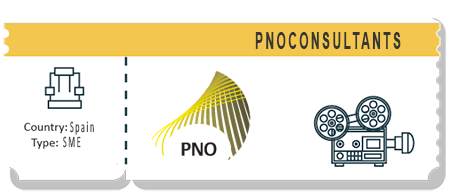
Market leader in innovation and funding consultancy focused on helping others realise their innovation. PNO is specialised in the full cycle of innovation management, providing tailored support in each step of the innovation process. Innovation project development aims at turning promising innovation ideas and connections, to open innovation opportunities, into feasible project concepts.
VISIT OUR WEBSITE
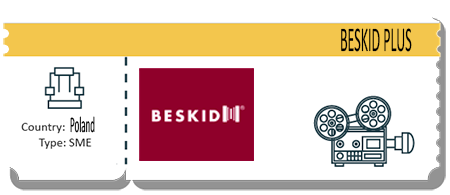
Experts in the field of products used to store and protect the most valuable collections of Polish and European archiving and cultural institutions, libraries and museums. Manufacturers of standard boxes and folders as starting point, BESKIDPLUS also design unusual products to meet the solutions for any storage need.
VISIT OUR WEBSITE

